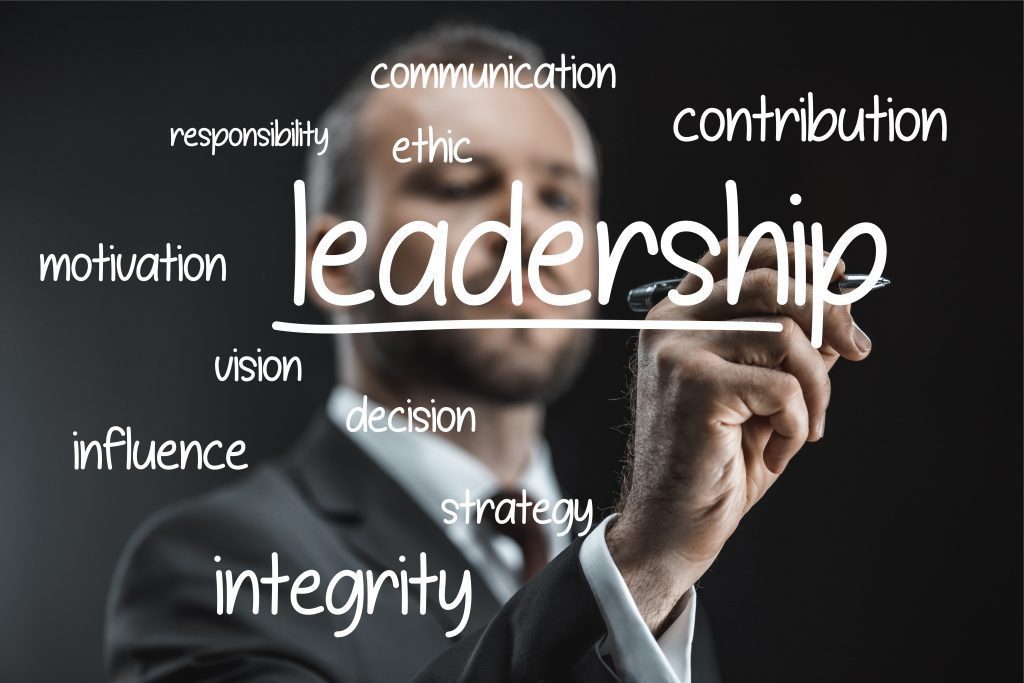10 Skills for Today's Business Leaders
Leadership is an ever-evolving concept, and with the changing times, it's essential for leaders to adapt and acquire the latest leadership skills. In this fast-paced world, leadership skills have become more crucial than ever, as leaders face new challenges every day. Therefore, it's essential for leaders to be equipped with the latest skills to stay ahead of the curve.

Here are some of the latest leadership skills that every leader should acquire:
Adaptability
The ability to adapt to change is a critical leadership skill in today's world. The pace of change is faster than ever, and leaders must be prepared to adapt to new situations and challenges. This skill involves being flexible, open-minded, and willing to adjust strategies to meet changing circumstances. Adaptable leaders are quick to recognize when a change is necessary and make the necessary adjustments to keep their teams moving forward.
Emotional Intelligence
Emotional intelligence is the ability to recognize and understand emotions in oneself and others. Leaders with high emotional intelligence are empathetic, socially aware, and able to connect with their teams on a deeper level. They can build strong relationships with their employees, which leads to increased trust, motivation, and productivity.
Resilience
Resilience is the ability to bounce back from setbacks and challenges. In today's world, where uncertainty and volatility are the norm, leaders must be resilient to thrive. Resilient leaders remain calm under pressure, maintain a positive attitude, and persevere through difficult times. They inspire their teams to do the same, creating a culture of resilience that enables everyone to succeed.
Register for an instructor-led Business Leadership workshop in Los Angeles.
Creativity
Innovation is key to staying competitive in today's world, and leaders must be creative to come up with new ideas and solutions. Creative leaders are open to new perspectives, willing to take risks, and able to think outside the box. They encourage their teams to do the same, fostering a culture of innovation that drives success.
Digital Literacy
With technology playing an increasingly important role in business, leaders must be digitally literate to keep up. Digital literacy involves understanding technology, digital communication, and social media. It also involves using technology to drive innovation and productivity. Leaders who are digitally literate can leverage technology to streamline processes, improve communication, and stay ahead of the competition.
Visionary Thinking
A leader's ability to envision the future and develop a strategic plan is critical to success. Visionary leaders have a clear understanding of where they want to take their organization and are able to articulate that vision to their team. They develop a strategic plan that aligns with that vision and inspires their team to work towards achieving it.
Collaboration
Collaboration is key to success in today's world, and leaders must be able to work with others effectively. Collaborative leaders foster a culture of teamwork, encourage open communication, and value the input of others. They recognize that everyone has unique strengths and perspectives, and they leverage those strengths to achieve common goals.
Coaching and Mentoring
Leaders who can coach and mentor their team members create a culture of learning and growth. Coaching and mentoring involve providing feedback, setting goals, and helping team members develop new skills. Leaders who are effective coaches and mentors inspire their team members to reach their full potential, creating a highly motivated and engaged workforce.
Cultural Competence
In today's global business environment, leaders must be culturally competent to work effectively with people from diverse backgrounds. Cultural competence involves understanding and respecting cultural differences, communicating effectively across cultures, and adapting to different cultural norms. Leaders who are culturally competent create a diverse and inclusive workplace, where everyone feels valued and respected.
Transparency
Transparency is essential for building trust and credibility with employees, customers, and other stakeholders. Leaders who are transparent are honest, open, and communicate clearly, and share information freely. They admit their mistakes and take responsibility for their actions, which helps to build a culture of accountability. This skill is especially crucial in today's world, where consumers and employees expect transparency from their leaders.
In conclusion, leadership skills are continually evolving, and leaders must stay updated with the latest trends to be effective in their roles. The latest leadership skills include adaptability, emotional intelligence, resilience, creativity, digital literacy, visionary thinking, collaboration, coaching and mentoring, cultural competence, and transparency. These skills are critical for leaders to succeed in today's fast-paced and complex business environment. Leaders who possess these skills can build high-performing teams, foster a culture of innovation, and drive organizational success.




